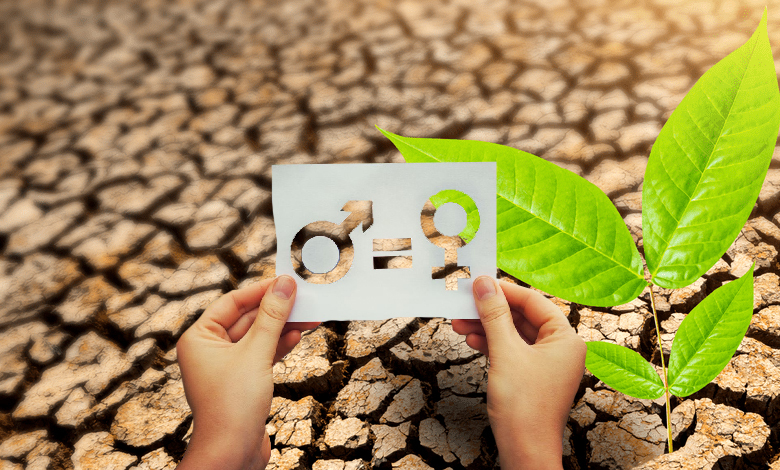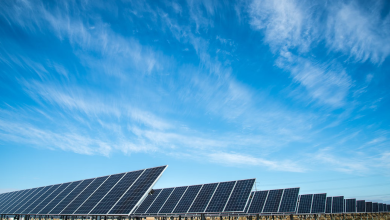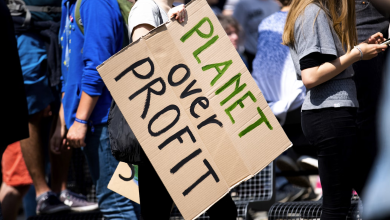It Is Imperative To Put Gender Equality At The Heart Of Climate Action

The raging climate emergency is a threat for everyone. But it does not affect everyone equally. The brutal consequences of climate change magnify structural inequalities. Just like nearly every other humanitarian challenge, the crisis has a greater impact on women.
This unbalanced threat is due to the unequal sharing of power between women and men, the gender gap in access to education and employment opportunities, the unpaid care burden, prevalence of gender-based violence, and all other forms of discrimination.
Gender Equality Must Be At The Heart Of Climate Action
The irregularities are especially true in parts of the planet where women depend on climate-sensitive tasks such as manual labour and agriculture to make a living. In fact, the agricultural sector employs a third of women worldwide.
But the female community represent only 12.6% of landowners. This lack of control over resources translates into increased vulnerability as women experience lower access to information about adaptation technologies, cropping patterns and climate disasters.
The lack of control is also responsible for women receiving just 10% of total aid for agriculture, forestry and fishing. Ensuring gender equality in the sector can reduce vulnerability and create more resilient households and communities.
In addition, it has been estimated that if all women smallholders received equal access to resources, their farm yields would rise by 20-30%, 100 to 150 million people would no longer go hungry, and emissions could be reduced by 2.1 gigatons by 2050.
Push For Gender Equality For A More Sustainable Future
Long-term climate solutions, therefore, cannot be achieved without pushing for gender equality and women’s empowerment. Now, more than ever, it is imperative to put gender equality at the heart of climate action for a more resilient environment.
Read More: The Story Of Air Pollution Is One Of Environmental Inequality. Here’s Why
It needs to be more widely known and understood that inequalities impose development costs on the whole-of-society. Excluding gender equality, there is little hope of meeting the necessary transformation essential to address climate change and ensure a just future for all.



